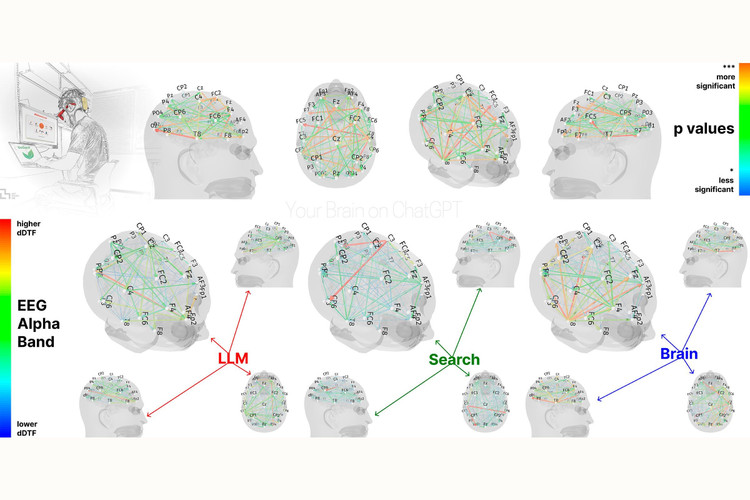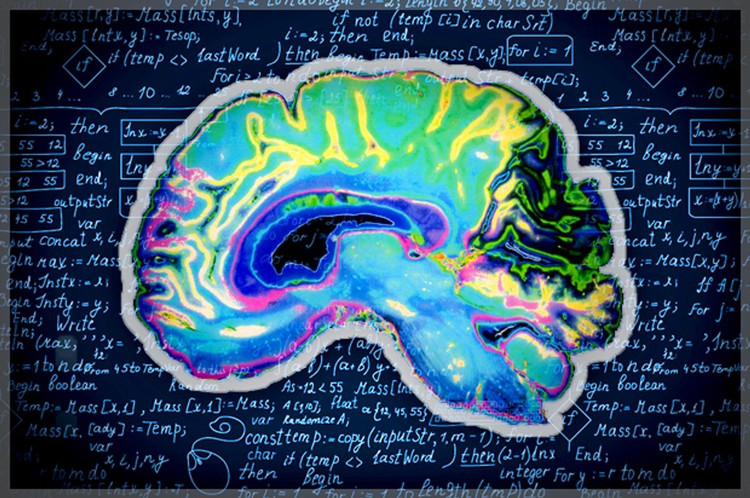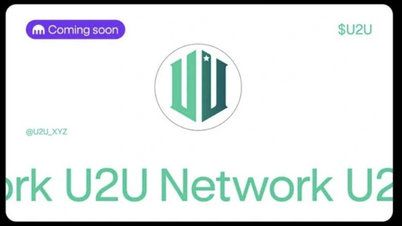Massachusetts Institute of Technology has just published a study showing that over-reliance on ChatGPT will lead to brain degeneration.
In a lab at the MIT Media Lab, 54 volunteers between the ages of 18 and 39 were given a seemingly simple task: writing an SAT essay in 20 minutes.
What they didn't know, however, was that they were taking part in the world's first study using brain scanning technology to explore the true impact of ChatGPT on the human brain. And the results the scientists obtained left them "shuddering".
Dr. Nataliya Kosmyna, the project’s lead researcher, monitored the volunteers’ brain activity across 32 different regions using EEG equipment over the course of four months. She divided them into three groups: the first used ChatGPT to help them write, the second used Google Search to find information, and the third relied solely on their own thinking abilities.
From the very beginning, the differences were clear. The ChatGPT group showed the lowest levels of brain engagement of all three groups and “persistently underperformed at the neural, linguistic, and behavioral levels.” They became increasingly lazy with each essay, and by the end of the study, many of them were simply copy-pasting content from ChatGPT.

What most worried the researchers was not the laziness itself, but what they found through brain scans. The essays written by the ChatGPT group were “extremely similar and lacking in originality,” using similar phrasing and ideas. Two English teachers who were invited to review the essays described them as “lifeless” and “empty of content.”
But that’s just the surface of the problem. EEG data showed that ChatGPT users had low levels of executive control and attention. By the third essay, many of them had simply handed the entire task over to ChatGPT. “They were just saying, ‘Give me the essay, refine this sentence, edit it,’” Kosmyna says.
In contrast, the group that wrote without any tools showed the highest neural connectivity, especially in the alpha, theta, and delta brainwave bands—areas associated with creativity, memory, and semantic processing. They were more engaged, curious, and satisfied with their work. The Google Search group also showed high satisfaction and positive brain activity—a notable difference compared to searching for information in AI chatbots.
The reversal experiment further highlighted the harms of relying on AI. When forced to rewrite an old paper without ChatGPT, those who had used AI had severe difficulties – they barely remembered the essay they had written and exhibited weaker alpha and theta brain waves. Notably, 83.3% of them could not cite from the essays they had completed just minutes earlier.

Relying and depending on AI tools will cause the human brain to rapidly degenerate.
The brain scans also revealed a shocking number: ChatGPT users' neural connections dropped 47%, from 79 to just 42. As Kosmyna explains: "The task was accomplished, and you could say it was efficient and convenient. But as we show in our study, you're essentially not integrating anything into your memory network."
Kosmyna decided to publish the results even before peer review because she was concerned that policymakers might introduce “GPT for preschoolers” without fully understanding the consequences. “The developing brain is most at risk,” she warned.
Psychiatrist Zishan Khan, who treats children and adolescents, shares a similar observation: “From a psychiatric perspective, I find that over-reliance on LLMs can have unintended psychological and cognitive consequences, especially for young people whose brains are still developing.”
The study also revealed an interesting paradox: while ChatGPT increased task completion by 60%, it reduced “Germanic cognitive load” by 32%—the effort required to use memory and intelligence to turn information into schemas—which is essential for real learning. This is what the researchers call “cognitive debt”—like technical debt, but for the brain.
What’s particularly worrying is that this effect doesn’t seem to be easily reversible. When forced to write without the AI’s assistance, those accustomed to using ChatGPT performed worse than those who had never used AI. This isn’t just dependence, it’s cognitive atrophy—like your muscles have forgotten how to work.

With just 4 months of testing, ChatGPT has created a terrible impact on the human brain.
The study does offer hope, however. When the pure-writing group was allowed to use ChatGPT, they showed significant increases in brain connectivity across all EEG frequency bands. This suggests that, when used properly, AI can enhance learning rather than impair it.
Kosmyna and her team are currently conducting a similar study of brain activity in software engineering and programming with and without AI. She revealed that “the results were even worse,” which could have important implications for many companies hoping to replace entry-level programmers with AI.
In an interesting detail, Kosmyna deliberately inserted an “AI trap” into the study by predicting that users would use LLM to summarize the paper. As a result, the AI tools “illusioned” that the study used GPT-4o—information that was completely absent from the original paper.
Kosmyna decided to publish the study without peer review—something she had never done before. She was motivated by the fear that in the next six to eight months, some policymaker would decide, “Let’s do GPT on preschoolers.” “I think that would be absolutely terrible and harmful,” she says. “It’s developing brains like those of young children that are at the greatest risk.”
Source: https://khoahocdoisong.vn/nao-nguoi-thoai-hoa-sau-nhieu-ngay-dung-chatgpt-post1549233.html







![[Photo] Solemn opening of the 1st Government Party Congress](https://vphoto.vietnam.vn/thumb/1200x675/vietnam/resource/IMAGE/2025/10/13/1760337945186_ndo_br_img-0787-jpg.webp)


















![[Photo] General Secretary To Lam attends the opening of the 1st Government Party Congress](https://vphoto.vietnam.vn/thumb/1200x675/vietnam/resource/IMAGE/2025/10/13/1760321055249_ndo_br_cover-9284-jpg.webp)















































































Comment (0)